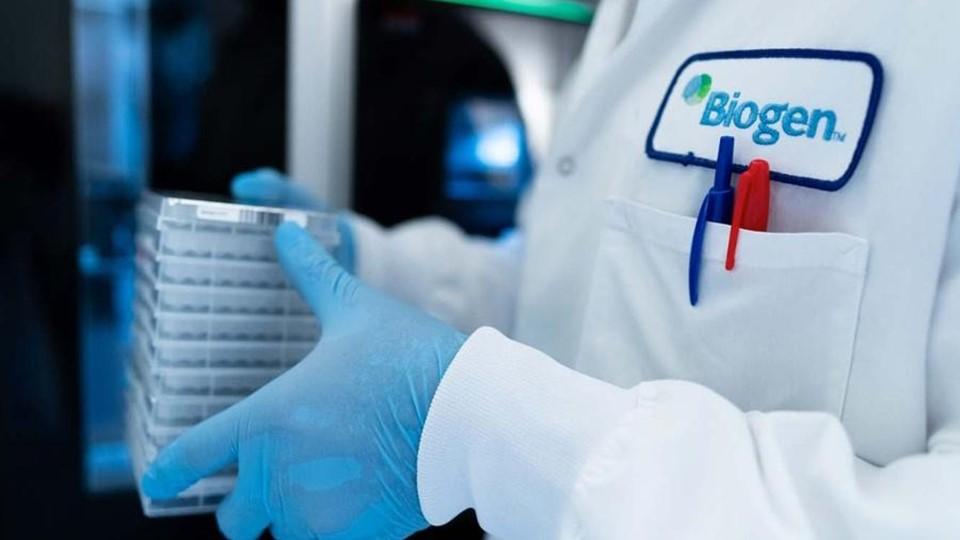Pharma’s pipeline continues to provide drama as investors look beyond COVID in Q4

While the pandemic has been the focus of R&D attention for much of 2020, that is slowly beginning to shift towards other projects in the big pharma pipeline. pharmaphorum’s news editor, Richard Staines, discusses the success stories and failures in R&D that have emerged during the Q4 results period.
Quarterly results announcements are a good opportunity for pharma companies to quietly announce the projects that haven’t worked out.
This year was no exception and investors and commentators scoured through big pharma’s announcements to see how the R&D landscape is looking, while the world hopes for a recovery from the pandemic and a gradual resumption of normal business in the coming months and years.
Many trials were put on hold during the pandemic, but pharma is under pressure to continue with work on new drugs for other diseases.
There was considerable news flow from the pipeline, and as usual it was a mixed bag, with some causes for hope and some notable failures.
Perhaps the biggest upset was the failure of GlaxoSmithKline and Merck KGaA’s bintrafusp alfa, a drug that the companies were so confident in that they trialled it head-to-head against Merck & Co’s big rival in lung cancer Keytruda.
But the big gamble didn’t pay off when the dual action fusion protein was deemed to have failed in the comparative trial in patients with stage IV non-small cell lung cancer, with high expression of the PD-L1 biomarker, a mutation that tends to make tumours more susceptible to immunotherapy.
An Independent Data Monitoring Committee has said the trial dubbed INTR@PID Lung 037 should be halted.
GSK had signed a deal worth more than $4.2 billion with German Merck to join a partnership to develop the drug, although much of it is in so-called “biobucks” milestone payments.
Much of that money will now fail to materialise in Merck’s bank account as the lung cancer indication is the most lucrative.
In all €500 million ($605m) was tied to the lung cancer development programme, plus up to €2.9bn ($3.5bn) in other development and commercial milestones.
GSK followed this by axing an ulcerative colitis drug anti-LAG3 drug it had been developing with Australia’s Immutep a few days later.
Mixed bag for Biogen
Biogen also gained a lot of attention thanks to one of the most-watched drugs in the pharma pipeline.
The aducanumab drama has been going on for years and there was yet another twist in the story of the Alzheimer’s drug development when the FDA opted to delay its final decision on the medicine.
Biogen, which developed the drug with Japan’s Eisai, submitted further information to the FDA on aducanumab after the regulator’s advisers overwhelmingly voted against approval late last year.
The decision to delay the decision date until 7 June was interpreted as a sign that the drug could be approvable after all.
Biogen needs to find new revenues soon, however as Q4 results showed flat revenues for its multiple sclerosis drugs amid strong competition from newly approved rivals from the likes of Roche and Novartis.
Parkinson’s woes
Biogen had bad news from one of its other big projects in neurology after it discontinued development of its Parkinson’s medicine cinpanemab.
The company said that cinpanemab had failed to meet its primary of a change in a global disease rating scale in the phase 2 SPARK trial.
Cinpanemab also came up short when measured against the secondary endpoints involving individual components of the scale, as well as comparisons at different time points.
Parkinson’s is proving difficult to tack for Sanofi, which revealed in its Q4 results filing that it had stopped developing venglustat in the disease after it failed in a phase 2 trial at the end of January.
Development will continue in rare diseases, with the company also trimming several other drugs from its pipeline including romilikimab, an antibody that is supposed to work with asthma and eczema blockbuster Dupixent.
It is ending development of the already-approved cancer drug Sarclisa in combination with a PD-1 inhibitor in lymphoma.
Causes for optimism
But setbacks such as this are nothing new in pharma and there is considerable optimism about some of the innovations in the pipeline.
Highlights include the CAR-T being developed by Johnson & Johnson and Legend Biotech, ciltacabtagene autoleucel, which was accepted for review in Europe at the beginning of February.
This followed a filing for a rolling review just before Christmas with the FDA, potentially setting up approvals on both sides of the Atlantic in the coming months in relapsed and/or refractory multiple myeloma.
There was also a substantial merger between Jazz Pharmaceuticals and GW Pharmaceuticals, which the companies hope will become an R&D powerhouse in neuroscience.
GW has already made its name by pioneering the development of cannabis-based medicines and it’s hoped the $7.2 billion acquisition will accelerate research progress, as Jazz looks to move beyond sleep disorder drugs.
Pharma has made incredible achievements by developing vaccines for COVID-19 at short notice – now the pressure is on to continue with the progress in other fields.












